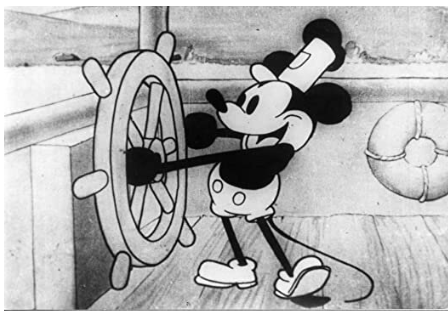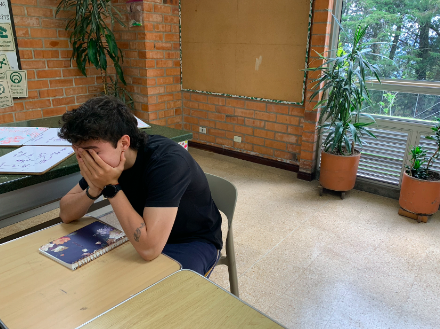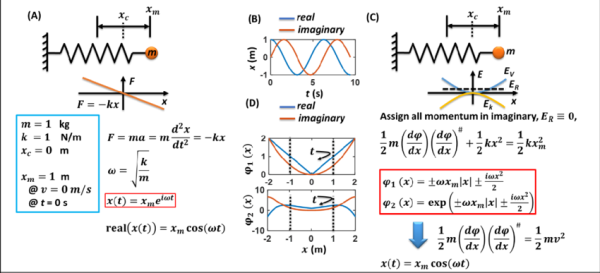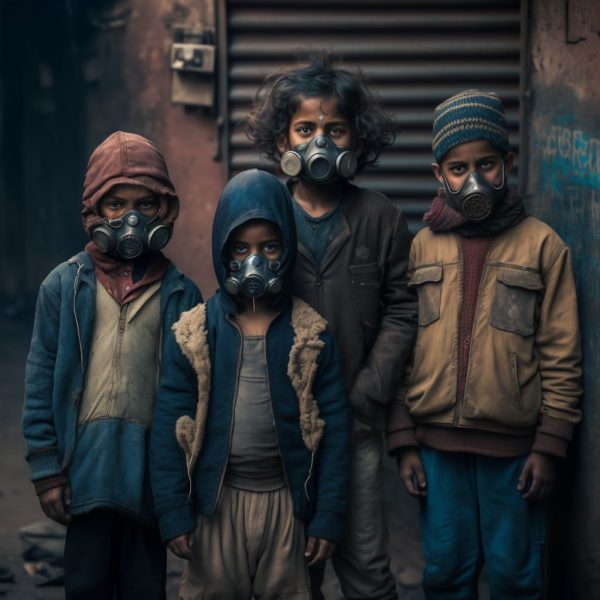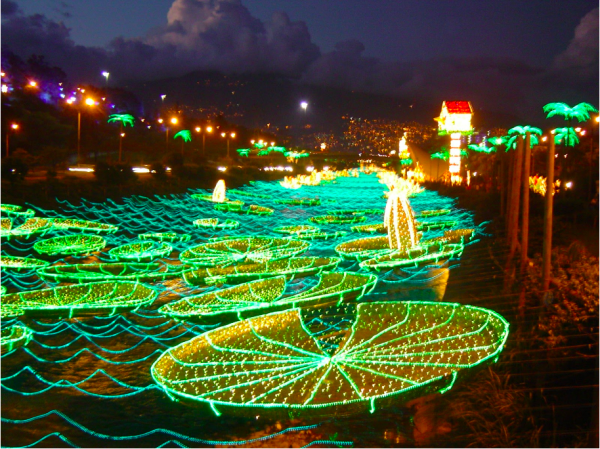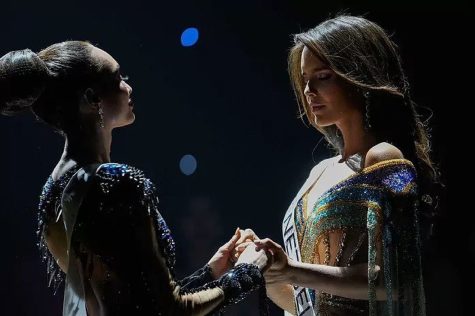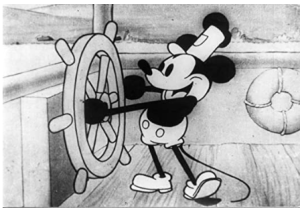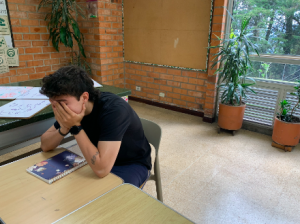Orphan Black: Pushing the Boundaries of Sci-fi
★★★★
Ordinary life is dull sometimes, and there’s nothing like delving into a different reality to pass the time. Now more than ever there are sci-fi, dystopian, and fantasy shows that give us this opportunity. Although often overlooked, Orphan Black is a hidden gem that lets you get lost in a darker version of the world we live in today.
Orphan Black is a science fiction TV show, produced by Bell Media, set in the present day and society. It’s centered around Sarah Manning, a woman who witnesses the suicide of someone identical to her and steals her identity. The consequences of this decision and the family of clones Sarah finds herself being a part of (hardly a spoiler since this is revealed in the first episode) make for a mind-bending, absorbing series. The plot is as intriguing as it sounds and presents a mystery the audience will want to solve as much as the characters themselves.
The series stars Tatiana Maslany, who is dazzling to see in the more than six roles she plays; all of which have different accents, styles, body languages, and distinct personalities. Ranging from Helena, a slightly insane Anglo-Ukranian trained killer, to Alison, a crafty Canadian soccer mom with two adopted kids. The characters are so well developed and portrayed that they might as well be six separate actors altogether, and the interactions among them are deceivingly natural. A similar acting technique is used in the Netflix movie What Happened to Monday, where actress Noomi Rapace attempts to take on seven roles; however, when I watched it, I found myself feeling lost and confusing the characters, which proves that Maslany’s work is no simple task.
Although the series revolves around clones, they are used to represent the universal discussion of science vs. nature. In Orphan Black both sides of this dichotomy are presented, through intricate villains and heroes that firmly believe they’re doing what is right. After watching this show you are bound to question the high price –morally and humanly– of progress and evolution. Orphan Black is part of a new wave of shows that stray from the trend of releasing vapid content for the sake of ratings, and looks instead to convey a deeper message. Some shows that are similar to Orphan Black in this sense are Westworld, Black Mirror, and The Handmaid’s Tale, which through fabricated realities make the viewers question their own.
The show has five seasons full of dark plot twists and unexpected truths; it is the furthest thing from a contrived TV show there can be. This, however, can be tiring, since further ahead in the series it seems like more chaos is added in with no real purpose. In fact, I had to take a break from the show nearing season 4 because I grew tired of not getting closure. If you’re not into lengthier shows with a slow storyline, Orphan Black is not for you. Instead, watch the episode “Be Right Back” of the anthology series Black Mirror, that also discusses the consequences of cloning but in a finite one-hour episode.
If you’re willing to invest some time and are looking for something original with outstanding acting, I highly recommend Orphan Black. It is an engaging series you won’t regret watching, that will keep you on the edge of your seat.



